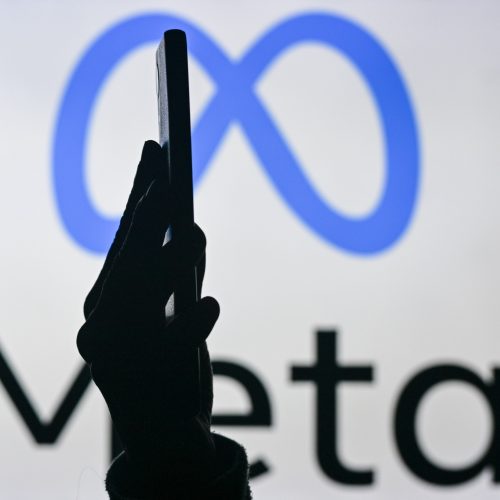Meta has invested heavily in generative AI, with the majority of its planned $72 billion in capital expenditure this year earmarked for data centers and servers. The deal underlines the high price AI companies are willing to pay for data that can be used to train AI models.
Zuckerberg pledged last year that his company’s models would outstrip rivals’ efforts in 2025, but Meta’s most recent release, Llama 4, has underperformed on various independent reasoning and coding benchmarks.
The long-term goal of researchers at Meta “has always been to reach human intelligence and go beyond it,” said Yann LeCun, the company’s chief AI scientist at the VivaTech conference in Paris this week.
Building artificial “general” intelligence—AI technologies that have human-level intelligence—is a popular goal for many AI companies. An increasing number of Silicon Valley groups are also seeking to reach “superintelligence,” a hypothetical scenario where AI systems surpass human intelligence.
The core of Scale’s business has been data-labeling, a manual process of ensuring images and text are accurately labeled and categorized before they are used to train AI models.
Wang has forged relationships with Silicon Valley’s biggest investors and technologists, including OpenAI’s Sam Altman. Scale AI’s early customers were autonomous vehicle companies, but the bulk of its expected $2 billion in revenues this year will come from labeling the data used to train the massive AI models built by OpenAI and others.
The deal will result in a substantial payday for Scale’s early venture capital investors, including Accel, Tiger Global Management, and Index Ventures. Tiger’s $200 million investment is worth more than $1 billion at the company’s new valuation, according to a person with knowledge of the matter.
Additional reporting by Tabby Kinder in San Francisco
© 2025 The Financial Times Ltd. All rights reserved. Not to be redistributed, copied, or modified in any way.


